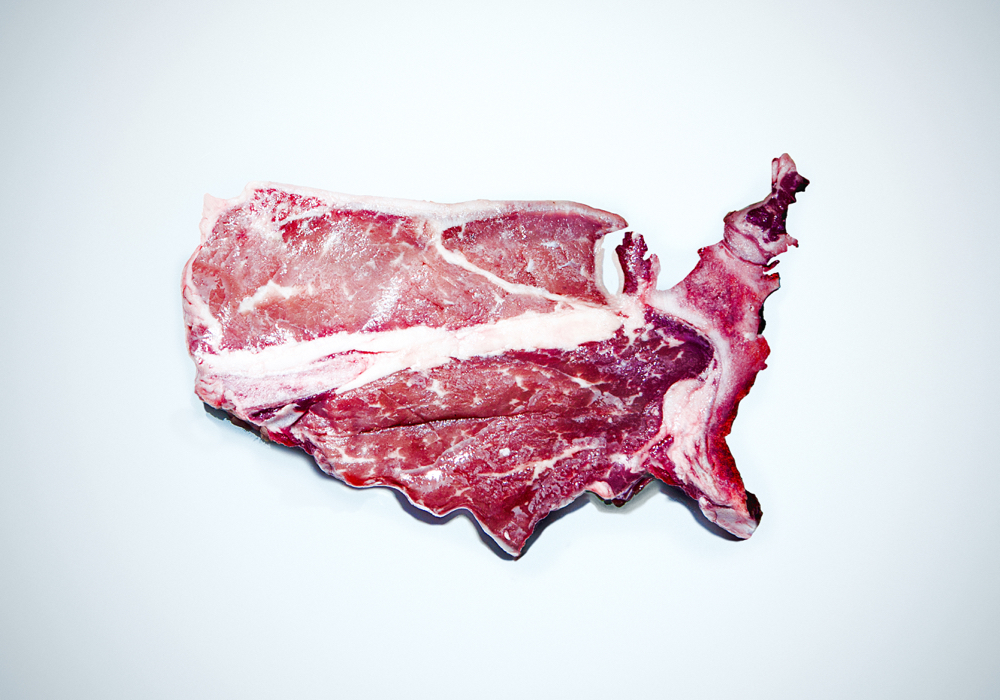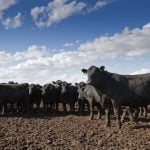South Korea’s imports of Canadian beef grew significantly in volume and value last year, despite closing out 2021 with a suspension of Canadian beef imports, which has since eased.
On January 20, the Korean government has resumed quarantine inspections of Canadian beef after four weeks of suspension following the discovery of an atypical BSE case in Alberta. Korea’s beef imports from Canada totaled 9,942 tonnes from January to December in 2021, up 54.7 per cent in volume and up 87.2 per cent in value year-over-year. Frozen ribs represented 60 per cent of the total volume.
Korea’s total beef imports in 2021 from January to December were 522,184 tonnes, up 3.2 per cent year-over-year. The largest exporter was the U.S. with a 50 per cent market share, followed by Australia with 40 per cent, New Zealand with 5.3 per cent, and Canada with 1.9 per cent. Importers and distributors are concerned about supply and logistics issues and increasing prices from major suppliers. During the four-week suspension of quarantine inspection on Canadian beef, over 90 shipments imported by over 20 companies were put on hold until January 20.
Read Also

Canada Beef keeps its foot on the gas with market development
With the recent Canadian election now behind us and trade discussions set to resume between Canada and the U.S., Canada…
On March 16, South Korea’s daily coronavirus cases hit a record high of 620,000 driven by the fast spread of the new dominant Omicron variant. The government, however, has recently been easing social distancing rules, including increasing the maximum number of people at private gatherings from four to six, extending the operating hours of restaurants until 11 p.m., and abolishing the “vaccine pass system” which allowed only those who have received their second shots to visit restaurants. As of mid-March, over 86 per cent of the population has received their second shots of COVID-19 vaccines and 62 per cent has received their third shots.

Courts block vaccine passes in retail sector
The government’s plan to implement a “vaccine pass system” for large malls and grocery stores was blocked by a Seoul Court, judging the places as low risk but essential facilities. Retailers have no restrictions on business hours and number of customers either. Beef demand for home cooking from most retail channels has been strong. Retailers had started selling gift sets for the Lunar New Year holiday, which falls on February 1. Expensive gift sets, including beef, were very popular.

Foodservice faces growing debt, declining sales
Meat restaurant owners continue to suffer greatly due to various restrictions, declining sales, increasing loan size and rising prices of beef and other food ingredients. According to the Bank of Korea, self-employed loans increased over 14 per cent at the end of 2021, compared to a year earlier. The government has recently begun paying KRW5 million (C$5,300) to small-business owners who are suffering from reduced operations hours. However, most restaurant owners are demanding more financial compensation.














